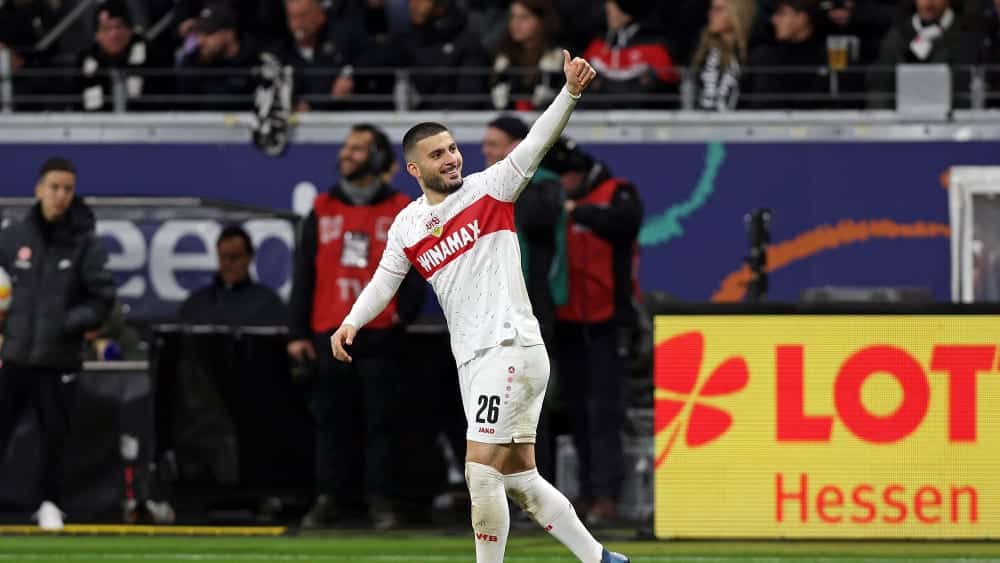Deniz Undav, Armindo Sieb, Joshua Zirkzee – clubs are increasingly linking the sale or loan of a player with a purchase option to so-called buy-back clauses. But what would actually happen if a professional refused to return?
This question arises especially in the case of Undav. The German international has repeatedly emphasized that he actually wants to stay at VfB Stuttgart. No wonder, as the 28-year-old has played his way into national coach Julian Nagelsmann’s European Championship squad with 19 competitive goals for the Swabians and feels right at home with the German runners-up
What would happen if Undav refused to return?
Were it not for the buy-back option offered by his parent club Brighton and Hove Albion. Stuttgart had loaned Undav from the Premier League club, including an option to buy – and exercised it on time. Brighton countered this with the buy-back option. VfB sporting director Fabian Wohlgemuth is currently still hoping to convince Brighton of Undav’s final transfer. A deadline has been set.
But what would actually happen if Undav refused to play for Brighton? Doesn’t the free movement of workers apply? Well, that might seem like an obvious thought at first glance. From a legal point of view, however, the professional would probably have no chance, explains Prof. Dr. Philipp Fischinger, referring to the topic of buy-back clauses in general: “The initial situation is that the player has agreed when moving to club X that he will have an employment contract with club Y again if club Y requests him. Legally, this requirement is a so-called condition precedent. “
According to Fischinger, it could become critical after three years
which effectively obliges the player to return. However, the law professor from Mannheim also says that, as far as he knows, there is no case law on this yet: “Whether buy-back clauses are legally permissible is unclear.” However, Fischinger assumes that “the usual clauses in soccer, which provide for a buy-back right within two or possibly even three seasons, are likely to be legal.”
According to the 44-year-old, however, the maximum period for buy-back clauses could be three years: “Longer terms should be viewed critically in terms of the player’s personal rights and professional freedom. They could fall victim to judicial review.” In line with the right of repurchase under civil law, which normally provides for a three-year right of repurchase in the event of a sale if no other contractual agreements exist.
FC Bayern also recently worked with buy-back clauses
It cannot be ruled out that there will be a legal dispute about the buy-back option at some point. After all, the phenomenon is occurring more frequently in professional soccer at the moment; it seems to be a trend on the transfer market, so to speak. See FC Bayern, who recently exercised their option in the case of Armindo Sieb, who has become a top performer at Greuther Fürth, and loaned the attacking player directly to Mainz 05. Munich also had a buy-back option for Joshua Zirkzee, but did not exercise it despite his strong performances at FC Bologna – presumably also because they participated heavily in the sale of the Dutchman to Manchester United.





